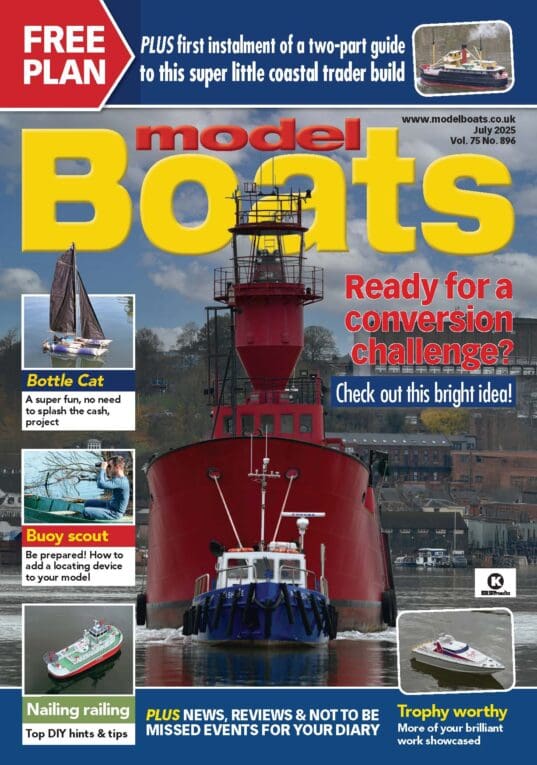You gain copyright by the simple fact of creating an image or set of words. This cannot be taken from you, and you do not have to mark the copyrighted item in any way – though putting a 'c' sign on it obviously informs people that copyright is claimed. You always have all the rights to any work you did, unless you specifically sell the copyright (called 'assigning' it). Even then you retain some rights, called 'moral rights', so that no one else can pretend that they did the work, etc…
You cannot actually run an information society if people aren't allowed to mention things other people do, of course, so most jurisdictions have provision for limited use of other people's work in some way. This is often called 'fair use'.
The Model Boats website handles its use of your images by making it a condition of use that you grant a license for publication of the words and images. You do not lose copyright – it's just that Model Boats has a license to display them. Looking at the legalese, I suspect that the boiler-plate total license claim (including sub-license!) mentioned in 3) does not fit well with the statement on permissions in 3.1), and if it came to fighting a case the assumed agreement for para 3) might well be thrown out as excessive. But it seems highly unlikely to ever come to court – a image would have to be REALLY valuable before such a fight would happen, and I'm sure that Model Boats operates this website in good faith. Note that the license to display on a Model Boats website is non-exclusive, so you are quite at liberty to license another publisher to display the same image elsewhere.
Google is a search engine. I guess that it does not claim to claim to own copyright on any pictures it displays, but temporarily processes and displays them under fair use rules. The pictures are directly linked to where they have come from, so Google is just showing you that Model Boats is displaying your picture.
Edited By Dodgy Geezer on 01/07/2016 19:30:19




